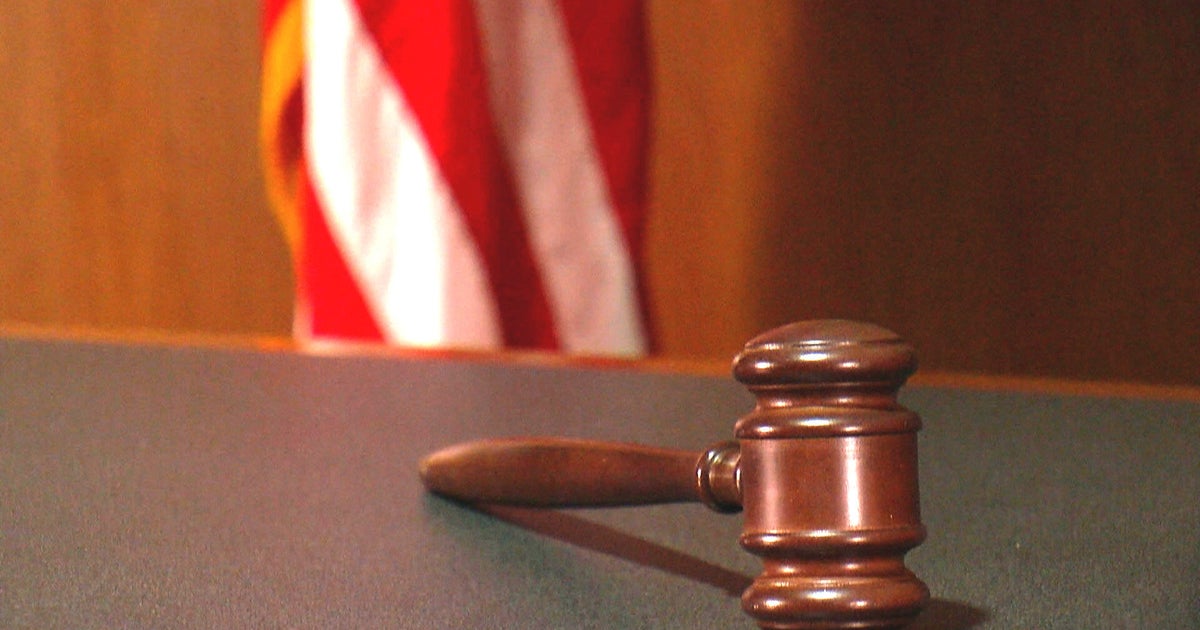O'Malley Named Chairman Of Chesapeake Bay Council
ANNAPOLIS, Md. (AP) -- Maryland Gov. Martin O'Malley on Thursday was named the chairman of the Chesapeake Executive Council, saying he hoped to have a new Chesapeake Bay Watershed agreement signed next year.
The Democratic governor who served two consecutive terms as the chairman of the council in 2007 and 2008, pledged Thursday to lead the Chesapeake Bay Program into a new era of progress. The program is a regional partnership that directs preservation and restoration of the nation's largest estuary.
There had been plans to sign an agreement at a meeting of the council in Washington on Thursday, but it has been delayed. O'Malley said the transition of a newly elected governor in Virginia -- a state that is a key bay partner -- was part of the reason.
O'Malley also noted that previous bay watershed agreements have evolved from aspirational goals to improve water quality over 20 to 30 years to measurable goals over two-year periods, creating a bigger but more meaningful challenge.
"Instead of hoping for improvements and setting the goal for a healthier bay 20 and 30 years out, now the whole bay program has switched to measurable actions in the right places that have a measureable impact on water quality," O'Malley said.
The governor also noted a cleanup effort and "pollution diet" for bay states and the District of Columbia directed by the U.S. Environmental Protection Agency with President Barack Obama's backing.
"So those two things together have really been a big shift from the old days of agreements: everybody shakes hands, you set a goal 20 years from now and a whole new group of governors stands up and tells you why we didn't hit the goal," O'Malley said.
Six states -- Delaware, Maryland, New York, Pennsylvania, Virginia and West Virginia -- and the District of Columbia, agreed to the pollution limits regulating wastewater treatment, construction and agricultural runoff. Farm groups have opposed the limits, saying they usurp state authority over setting land use policy and deciding how to improve water quality.
(Copyright 2013 by The Associated Press. All Rights Reserved.)



